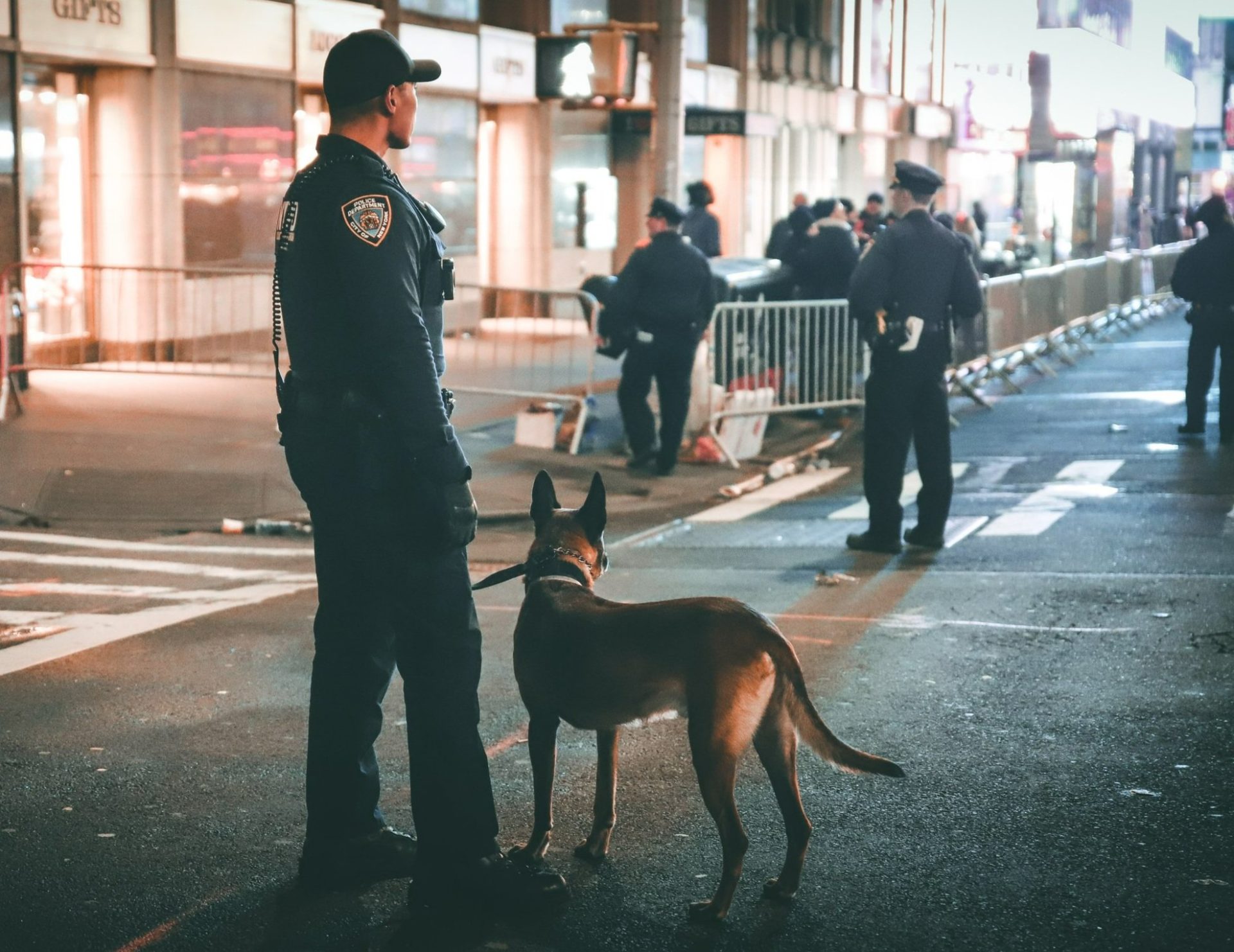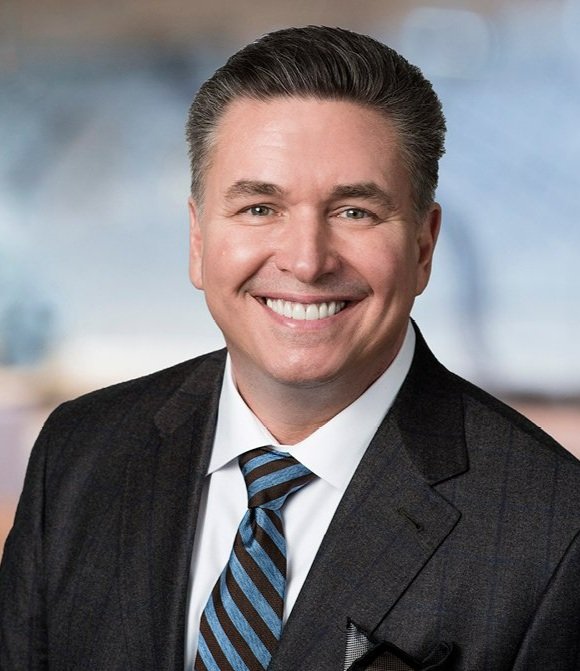
The arrest and death of George Floyd in Minneapolis captured headlines for two years, yet you may have missed the last few chapters of the story as they unfolded recently in a Minneapolis federal courtroom. The Department of Justice (DOJ)’s criminal prosecution in the case came to a close with federal prison sentences for every officer on the scene. Senior U.S. District Judge, Paul Magnuson, handed down sentences of 21 years for Derek Chauvin, 3 ½ years for Tou Thao, 3 years for J. Alexander Kueng, and 2 ½ years for Thomas Lane. The former officers were sentenced for various crimes including failing to provide medical aid to George Floyd and failure to intervene and stop Chauvin.
While these landmark cases close, the test in front of the justice system is if it will apply the federal precedent in similar cases. So far, the Department of Justice is failing that test. As the media spotlight wanes in Uvalde, Texas, the DOJ has continued to refuse a criminal investigation to determine if law enforcement on the scene of the school massacre is criminally liable. The public record makes clear law enforcement failed to is, render medical aid, then blocked the efforts of the public to act – all hallmarks of the federal convictions in the Floyd case.
The DOJ convictions of the Minneapolis officers were hailed as an example of how police officers will, going forward, be held accountable not only for using excessive force but for failing to provide medical aid. Immediately following the convictions, U.S. Attorney General (AG) Merrick Garland stated on February 24, 2022, “The Justice Department will continue to seek accountability for law enforcement officers whose actions, or failure to act, violate their constitutional duty to protect the civil rights of our citizens.” This case was to be the precedent for lawfully punishing police for not doing their job.
Yet, in the Uvalde case, the U.S. Department of Justice and Attorney General Merrick Garland opted early on for a “critical incident review” to learn from what happened. When Texas lawmakers released a report finding “systemic failures and egregious poor decisions making by law enforcement” there was still no change in the DOJ’s decision to pursue only a civil investigation.
What we know about the case today is an 18-year-old shooter shot and killed 19 elementary students and 2 teachers at the Robb Elementary School in Uvalde, Texas. Several police departments immediately responded to the situation and cordoned off the building. That was the end of any productive efforts for the next 78 minutes.
Law enforcement prevented others on the scene, including some fellow police officers, medical first responders, parents of students, and onlookers from entering the building. The police controlled who entered and left the building, but they took an unacceptable and potentially criminal amount of time, well over an hour, to confront the shooter. We know dozens of officers surrounded the school, while 19 officers convened in the hallway as children inside the school called 911 for help. At best, these officers waited way too long to act; at worst they deliberately stalled out of concern for their own safety.
A DOJ criminal review would allow federal prosecutors to convene a grand jury of Texas citizens and subpoena physical evidence. One of the many concerning aspects of this case is the inconsistent information given to the public about what happened that day. A grand jury would allow a prosecutor secure police reports, dispatch logs and recordings, inter-departmental communication, body-worn camera (BWC) videos, 911 recordings, photos, and other relevant evidence. The body-worn camera video is especially relevant in determining whether the officers were deliberately indifferent to the medical needs of the children inside the school. Those videos captured what the officers saw and heard at the scene, and what the officers were saying to each other about the situation. A DOJ prosecutor would also subpoena witnesses to the grand jury who must testify and answer questions under oath. The grand jury would ultimately determine whether there is probable cause that a crime was committed.
The current DOJ civil investigation is wholly inadequate and fails to deliver on full accountability. The parents and family members of the Uvalde victims have quietly grieved and respectfully asked the government for answers as to why the police did not act sooner. One must ask, does it take protests, riots, and unrelenting media coverage to get the government’s attention? Is it only then that the DOJ will criminally inquire into police officer conduct?
In the George Floyd case, the DOJ decided to punish officers for their failure to act as part of an overall push toward police reform. Effective police reform, however, must extend beyond situations where police use deadly force against citizens. The Uvalde case is alarming evidence that our system of policing is failing in other areas that are equally dangerous to citizens and their civil rights. Not using the George Floyd cases as precedent to criminally investigate Uvalde police is short-sighted, stalls police reform, and, worst of all, denies a full investigation, public accounting of the evidence gathered, and deserved justice to the victims, their families, and their community.

Joe Tamburino
Joe Tamburino is a leading criminal defense attorney in Minneapolis-St. Paul and Emmy nominated television legal analyst. Tamburino began his career as a public defender and now leads the Caplan Tamburino Law Firm. Tamburino has defended clients in over 100 jury trials and is a MSABA Board Certified Criminal Law Specialist. Tamburino is a graduate of New York University and the University of Minnesota Law School.






